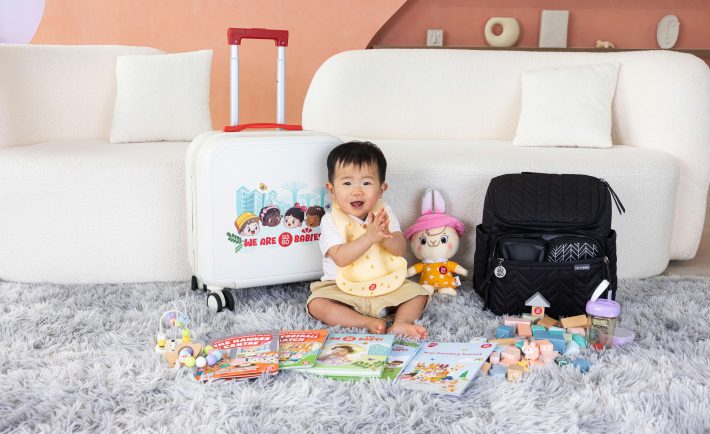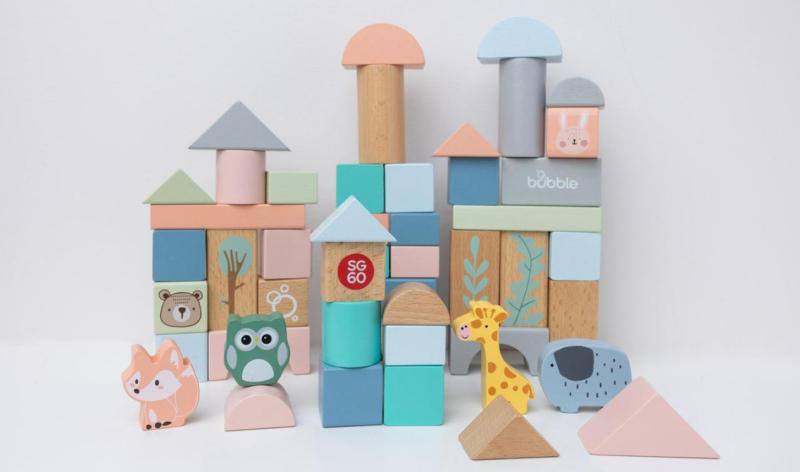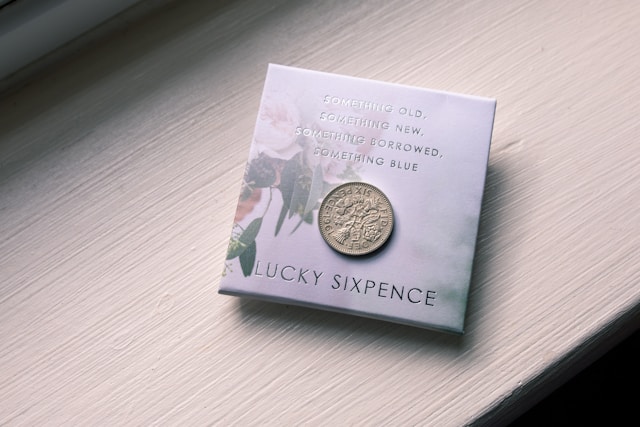My late-night scroll led me to a video of a mom getting her two-year-old to train alongside her dogs. One of the pups has a history of biting, so she was teaching her daughter to be gentle while helping the dogs adjust to her presence. Parenting and pet parenting don’t come cheap, especially in Singapore.
Consider these no-fluff ways to stay financially sane while keeping your baby and pets happy.
#1: DITCH THE FANCY PET FOOD
You don’t need to splurge to give your pets healthy meals. Many premium pet food brands like Wellness Core and Taste of the Wild come in affordable “family pack” formats or generic equivalents with similar ingredients. Remember, look for real meat as the first ingredient and avoid meat by-products or corn.
#2: AVOID SPENDING ON PET FASHION
Yes, they look adorable in tiny tutus. But instead of splashing out on pet couture, invest in essentials like a durable collar, ID tag and comfortable leash. Your pet doesn’t care about trends, but your wallet will definitely feel it.
#3: GET INSURANCE FOR YOUR BABIES
Vet visits in Singapore can cost hundreds or even thousands. For instance, a single emergency surgery could set you back S$3,000 or more. So, consider pet insurance providers such as Happy Tails by AIA and Liberty Insurance. These insurance providers offer plans from S$24 per month with coverage up to S$10,000 per year.
The same goes for your baby. MediShield Life automatically covers Singaporean newborns. You can opt for a life insurance plan to protect your family if anything unexpected happens to you.
#4: DIY GROOMING AT HOME
Professional grooming can cost between S$50 and S$100 per session. With the right tools like a good brush, nail clippers and pet shampoo, grooming your pet at home becomes simple and affordable.

Image Credits: unsplash.com
Tip: Flea-fighting shampoos with ingredients like tea tree oil, oatmeal or coconut extract provide a natural and effective boost.
#5: TAKE ADVANTAGE OF GOVERNMENT BABY GRANTS
Take full advantage of Singapore’s Baby Bonus Scheme including cash gift, Child Development Account (CDA), and dollar-for-dollar matching up to S$15,000 (depending on the child’s birth order). Moreover, CDA funds can be used for preschool fees, medical expenses, and purchases from approved merchants like Watsons or Guardian.
#6: REVAMP YOUR HOUSEHOLD BUDGET
Children and pets bring along a range of new and ongoing expenses such as formula, nappies, vaccinations, checkups, grooming, and gear. It’s important to revisit your household budget regularly to reassess priorities, distinguish between essentials and non-essentials, and set clear financial goals. From baby enrichment classes and pet training to long-term tertiary education planning, there’s plenty to factor into your overall financial strategy.
#7: BUILD A MONEY BUFFER
Unexpected costs are bound to pop up. Whether it’s an emergency trip to the vet, a sudden medical bill, or replacing the stroller your toddler just destroyed mid-outing, having a safety net of three to six months’ worth of living expenses saved up can make a world of difference in keeping your finances stable and stress levels low.
IN A NUTSHELL

Image Credits: unsplash.com
Raising toddlers and pets in Singapore doesn’t have to come with financial stress. With smart planning and a few practical changes, you can give your kids and fur-kids the best things in life.











